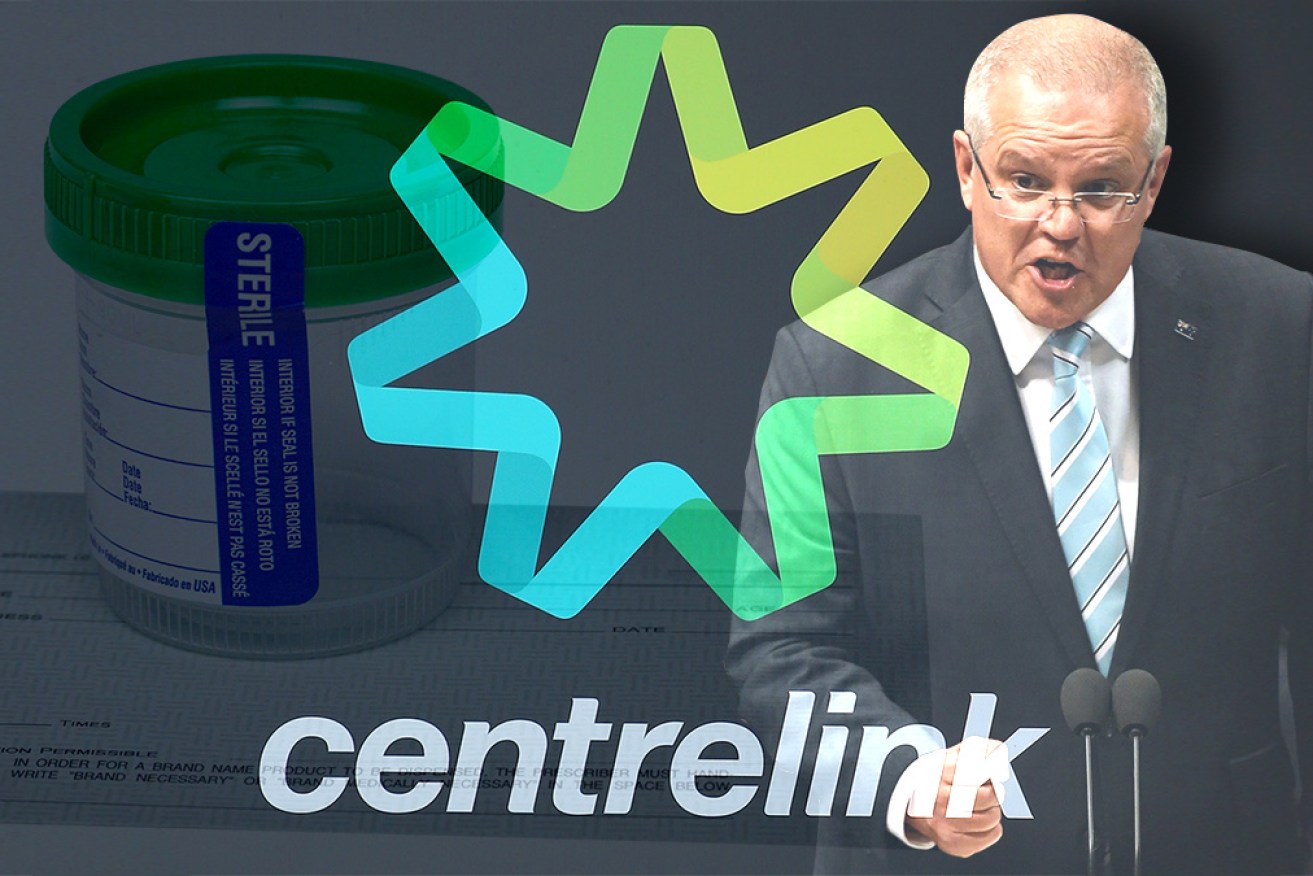Addiction specialists warn welfare drug testing will do more harm than good


Drug users could abuse more harmful drugs to avoid detection. Photo: The New Daily
The Morrison government’s plan to drug test welfare recipients could see users shift to more harmful substances and even commit crimes to fund their addiction, experts have warned.
The proposed testing regime would be able to detect methamphetamine (ice), ecstasy, marijuana, cocaine and heroin.
The government’s stated aim of the test is to get Australians receiving government assistance off drugs and into jobs.
Addiction expert Dr Stephen Bright told The New Daily “it’s absolutely probable” that Newstart and Youth Allowance recipients using any of the five targeted drugs would move on other substances that are undetectable by the test.
“The drugs people move to as a way of evading drug testing are often significantly more harmful than the drugs they’re testing for,” Dr Bright, senior lecturer at Edith Cowan University, said.
“It means that people are engaging in much more significantly harmful behaviour than they would have had the drug testing not been implemented.”
Federal parliament is debating whether to advance the Coalition’s bill to mandate random drug screening for 5000 people on unemployment benefits.

Experts say drug testing welfare recipients could harm users. Photo: ABC
The initiative would be trialled for two years in Mandurah (Western Australia), Logan (Queensland) and Bankstown (New South Wales).
In the first instance that they test positive for drugs, welfare recipients would have 80 per cent of their payment placed on a cashless debit card, meaning the money could only be used for essentials such as food, rent and bills.
If, in 25 working days, they tested positive a second time, the recipient would need to see a medical professional to undergo an assessment to determine whether they required drug treatment, including rehabilitation.
Newstart and Youth Allowance recipients will have their income support payments cancelled if they refuse to take part in a drug test.
“There’s no evidence that compulsory treatment works,” Dr Bright said.
Not only will people start using undetectable drugs, but “the most likely outcome” is they’ll turn to crime to get money for drugs, he added.
Dangerous drug switching
Dr Bright said there was anecdotal evidence that Queensland mine workers, who were routinely drug tested, began using a party drug known as “monkey dust” because it was undetected in urine analysis.
“There’s also evidence that when they first introduced drug testing on mine sites, there was a move away from smoking cannabis – because it stays in the urine for a long period of time – to methamphetamine because it was excreted from the system much more quickly,” he said.

In many cases, drug testing on mine sites did not prevent drug use. Photo: Getty
Similar reports of drug switching to avoid detection have been reported among workers in the trucking industry, emergency consultant Dr David Caldicott said.
“I have treated patients who have overdosed on drugs from those industries who have said they have turned to novel psychotropic drugs to avoid detection,” Dr Caldicott, who is also clinical senior lecturer at the Australian National University, said.
There are “new drugs popping up all the time to bypass detection”, he added.
Dr Caldicott said the alternate drugs were invariably “more dangerous than the ones I’ve grown up learning about”.
“We do not want to be in a situation where we are driving the market away from drugs that we know and understand into far more dangerous drugs, which we have no familiarity with and which may end up being lethal,” he said.
Increased risks
Dr Nicole Lee, professor at Curtin University’s National Drug Research Institute, said the proposed drug tests would “increase the risks and harms associated with drug use rather than help people”.
“People who want to use drugs will find a way to use drugs and they will circumvent whatever laws are put in place by using things that aren’t on the testing schedule,” Dr Lee said.
“Often those drugs that are not on the testing schedule are new drugs or highly dangerous drugs or drugs that we don’t know a lot about,” she said.
Dr Lee said simply taking away an addict’s finances did not mean they would stop depending on drugs.
“So they’ve got to find someway to acquire the drugs, either potentially through illegal activity or sometime people will trade things including sex for drugs,” she said.








